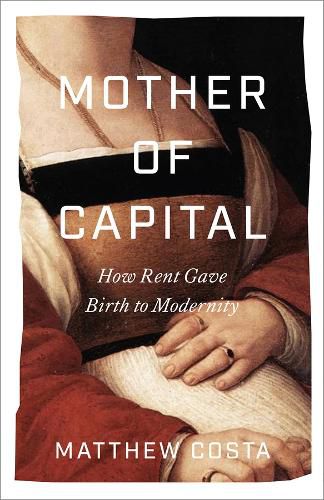Readings Newsletter
Become a Readings Member to make your shopping experience even easier.
Sign in or sign up for free!
You’re not far away from qualifying for FREE standard shipping within Australia
You’ve qualified for FREE standard shipping within Australia
The cart is loading…






Rent, or unearned income, is a pervasive concept in contemporary economics. Economists of all stripes see today's global economy as riddled with harmful rents, but most deny these are intrinsic to capitalism, and insist they can be eliminated with the right policies. It begs the question, why is rent theory so critical of the present but so optimistic about the future?
In Mother of Capital, Matthew Costa delves into the intellectual and social history of rent to solve this puzzle. Centring rent as the engine of capitalism's historical emergence in medieval Europe, he offers a groundbreaking, systematic history of rent and rent theory. The book also traces the history of resistance to rent from below, and unearths a neglected body of critical rent theory.
Weaving complex strands of social and intellectual history into a vivid, lively, and original explanation of how the society we live in came to be, Costa makes a bold intervention into contemporary debates about the origins and future of capitalism, the nature of social change, and of history itself.
$9.00 standard shipping within Australia
FREE standard shipping within Australia for orders over $100.00
Express & International shipping calculated at checkout
Rent, or unearned income, is a pervasive concept in contemporary economics. Economists of all stripes see today's global economy as riddled with harmful rents, but most deny these are intrinsic to capitalism, and insist they can be eliminated with the right policies. It begs the question, why is rent theory so critical of the present but so optimistic about the future?
In Mother of Capital, Matthew Costa delves into the intellectual and social history of rent to solve this puzzle. Centring rent as the engine of capitalism's historical emergence in medieval Europe, he offers a groundbreaking, systematic history of rent and rent theory. The book also traces the history of resistance to rent from below, and unearths a neglected body of critical rent theory.
Weaving complex strands of social and intellectual history into a vivid, lively, and original explanation of how the society we live in came to be, Costa makes a bold intervention into contemporary debates about the origins and future of capitalism, the nature of social change, and of history itself.